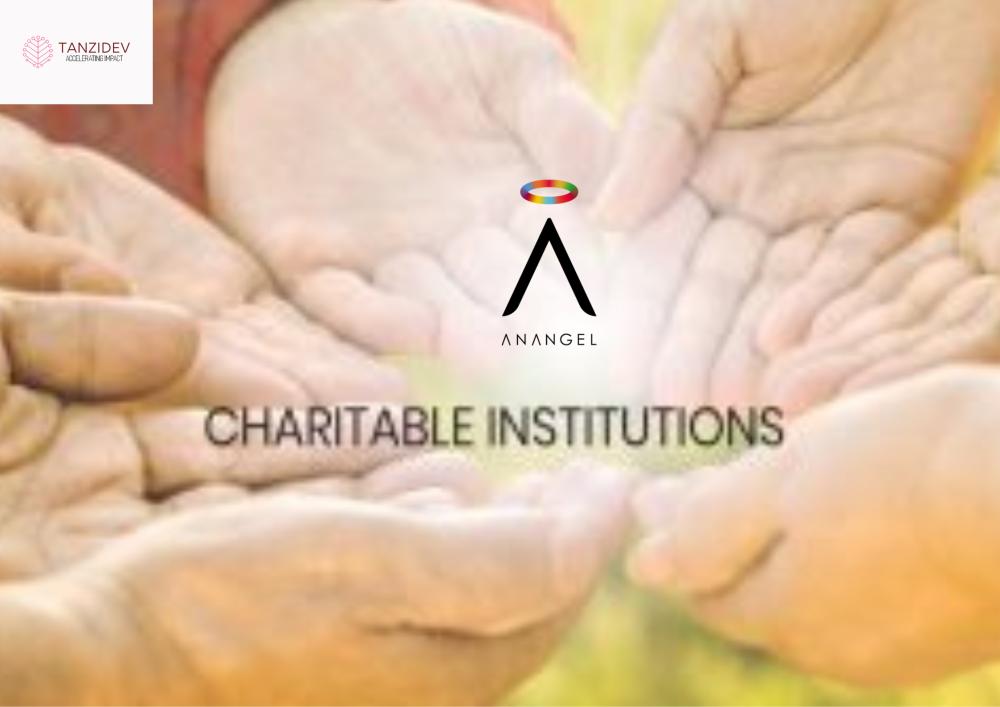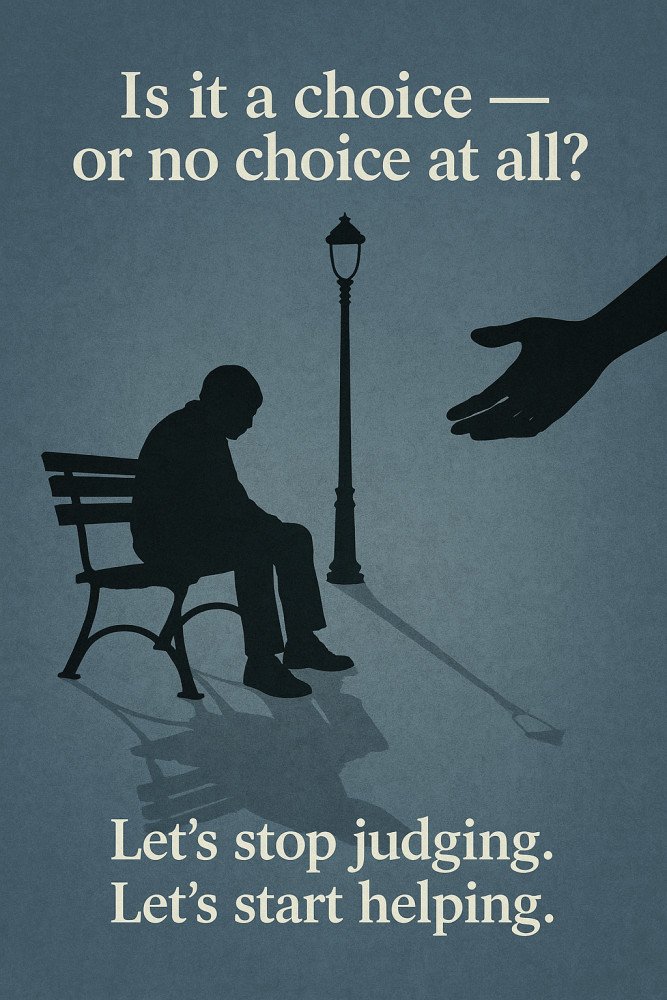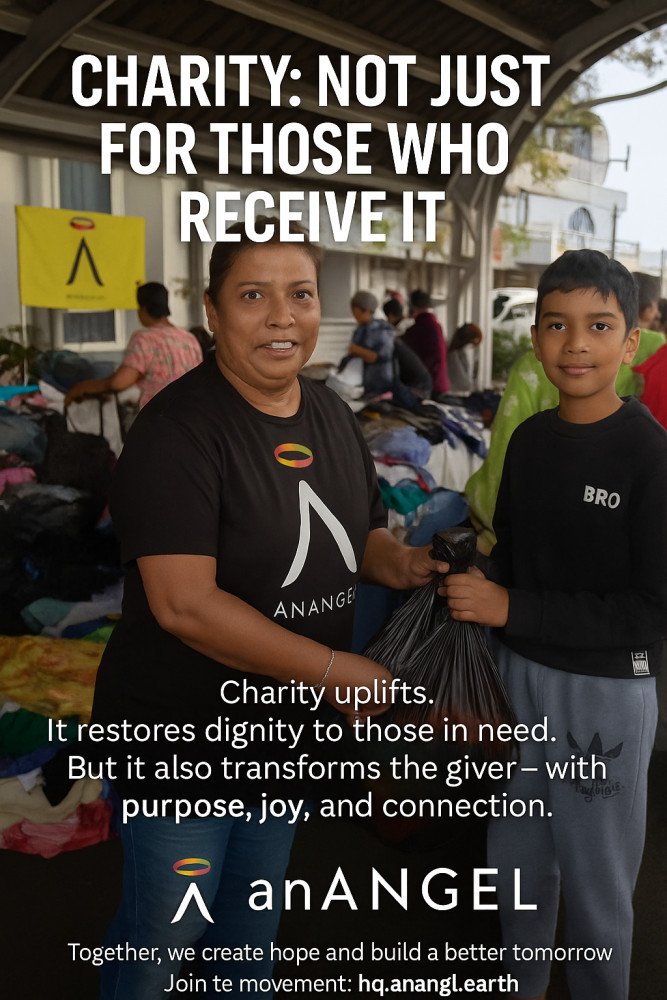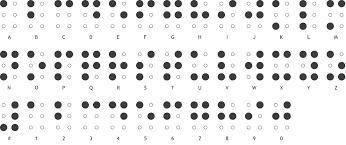
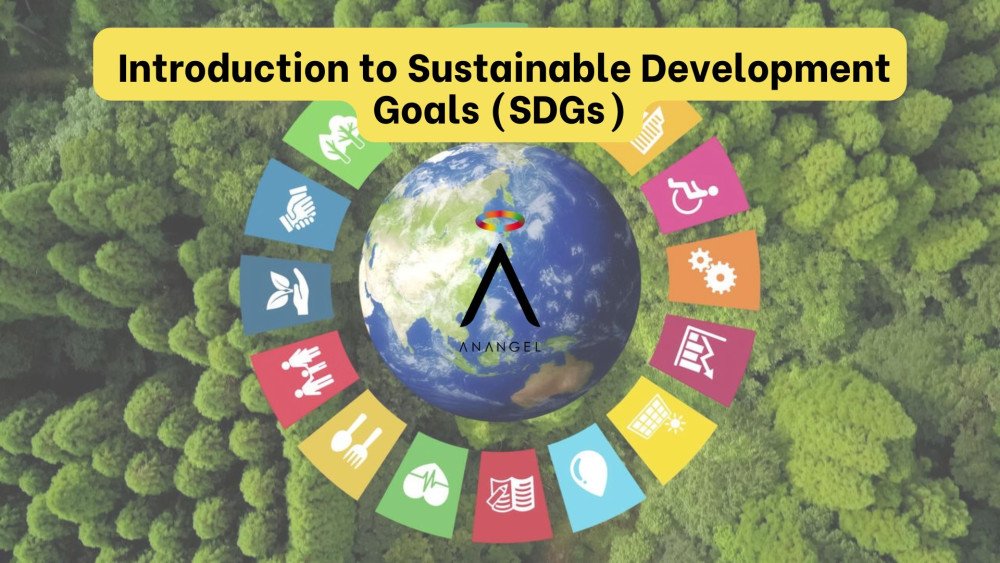
Building a Sustainable Future: Why the SDGs Matter for Everyone?
In 2015, the United Nations introduced the Sustainable Development Goals (SDGs)—a set of 17 global objectives designed to tackle the world’s most urgent challenges, from poverty and gender inequality to climate change and human rights. These goals aim to create a fairer, more sustainable world by 2030. While governments and businesses are key drivers of this initiative, the SDGs are for everyone. They provide a universal framework that allows individuals, communities, and organizations to work together toward shared prosperity.
Why Understanding the SDGs is Crucial
The SDGs address critical issues that impact all of us: ensuring quality education, promoting clean energy, protecting ecosystems, and fighting for human rights. The more people understand the SDGs, the more empowered they become to take meaningful action that aligns with a sustainable lifestyle. Knowledge of the SDGs can lead individuals to make better decisions, support relevant causes, and contribute to the collective well-being of society.
For example, making eco-friendly choices, reducing waste, supporting local organizations fighting for gender equality, or promoting education can create a ripple effect. Understanding the SDGs means being aware of how interconnected we all are and how small actions can have global impacts.
How the SDGs Impact Society
A society that understands and works towards the SDGs is one that promotes equity, environmental sustainability, and economic resilience. Achieving these goals would lead to:
- No poverty and hunger (SDG 1 & 2): Every individual would have access to basic needs like food, clean water, and fair employment, reducing inequality and fostering social harmony.
- Gender equality (SDG 5): Women and men would have equal opportunities, rights, and representation across all levels of society, leading to a more inclusive and empowered population.
- Climate action and life on land (SDG 13 & 15): Protecting ecosystems and reducing carbon footprints would ensure a healthier planet for future generations.
In Mauritius, the SDGs are not just lofty international targets—they are action plans that local communities and NGOs use to address specific societal and environmental challenges. Understanding the SDGs can help foster stronger collaboration, ensuring that everyone—from small businesses to local residents—plays a role in building a sustainable society.
NGOs in Mauritius Supporting the SDGs
Numerous NGOs in Mauritius are leading the charge in advancing the SDGs, demonstrating the power of community-driven efforts to solve global challenges. Here are some that stand out:
MPower, Gender link – Focused on achieving SDG 5 (Gender Equality), they advocates for women’s rights, ensuring women and girls in Mauritius have access to equal opportunities, protection, and the ability to lead without discrimination. Their workshops, campaigns, and outreach efforts are bridging gaps in gender disparities, fostering a more equal society.
Yeshua ,Dismoi – Advocating for human rights under SDG 16 (Peace, Justice, and Strong Institutions), they provides support for vulnerable populations and raises awareness about human rights issues. Their work in empowering marginalized groups and providing legal aid contributes significantly to promoting peace and justice.
Monad Charity, Safire – Working toward eradicating poverty in line with SDG 1 (No Poverty), they helps improve living standards through food distribution, shelter provision, and job training for disadvantaged communities across Mauritius. Their initiatives create opportunities for people to escape the cycle of poverty.
Foodwise – This NGO focuses on food distribution and preventing wastage, aligning with SDG 2 (Zero Hunger). By redistributing surplus food to those in need and raising awareness about food waste, Foodwise plays a vital role in addressing hunger and promoting sustainability.
Lovebridge – Dedicated to supporting the underprivileged, Lovebridge works to uplift poor communities in Mauritius, contributing to SDG 1 (No Poverty) by providing essential resources and support for basic needs.
Caritas – As a prominent NGO, Caritas works tirelessly to alleviate poverty and promote social justice, addressing several SDGs through their programs aimed at helping vulnerable populations.
Mauritius Wildlife Foundation – This organization is committed to conserving Mauritius' unique biodiversity and protecting endangered species, contributing to SDG 15 (Life on Land). Their conservation efforts ensure a sustainable environment for future generations.
Good Shop – A social enterprise that promotes sustainable shopping while supporting local artisans and communities, Good Shop embodies the spirit of SDG 12 (Responsible Consumption and Production) by encouraging responsible purchasing practices.
Southern Handicapped Association – This NGO focuses on empowering individuals with disabilities, promoting inclusivity and equal opportunities, thereby contributing to SDG 10 (Reduced Inequality).
Autism Maurice – Working towards improving the lives of individuals with autism, this organization advocates for inclusive education and social integration, aligning with SDG 4 (Quality Education).
anAngel platform – The anAngel platform collaborates with over 850 NGOs across Mauritius to tackle multiple SDGs, including poverty reduction (SDG 1), quality education (SDG 4), and climate action (SDG 13). By creating partnerships and mobilizing resources, anAngel strengthens community-driven projects in areas ranging from reforestation to youth development and social upliftment.
These NGOs, along with many others working tirelessly across Mauritius, show that local actions can drive global change. Their work proves that when communities unite under the SDG framework, real progress can be made.
How SDG Awareness Can Transform Society
When more people understand the SDGs, entire communities can shift toward sustainable practices and solutions. Increased awareness of the SDGs leads to:
- Greater community involvement: People are more likely to engage in initiatives like clean-up campaigns, reforestation efforts, or social advocacy programs when they understand how their contributions align with global goals.
- Corporate responsibility: Companies that adopt SDG-aligned practices—such as sustainable sourcing, reducing carbon footprints, and supporting social equality—set an example for responsible business in Mauritius and beyond.
- Stronger social cohesion: When communities rally around the SDGs, they foster a spirit of inclusivity, teamwork, and progress, ensuring that no one is left behind in the pursuit of a sustainable future.
How You Can Get Involved
Whether you’re an individual or part of an organization, there are plenty of ways to support the SDGs:
- Volunteer with NGOs to support their efforts in environmental protection, social equality, or poverty reduction.
- Educate yourself about the SDGs and encourage others to do the same. Awareness leads to action, and the more people understand the goals, the more they’ll be inspired to contribute.
- Adopt sustainable habits in your daily life. From reducing waste to supporting fair-trade businesses, every small change can make a significant difference.
- Engage with businesses that promote sustainable practices and contribute to achieving the SDGs.
Conclusion: Together, We Can Achieve the SDGs
The SDGs are more than just a set of global goals—they are a blueprint for a fairer, more sustainable, and more equitable future. NGOs across Mauritius, like MPower, Yeshua Dismoi, Monad Charity, Foodwise, Lovebridge, Caritas, Mauritius Wildlife Foundation, Good Shop, Southern Handicapped Association, Autism Maurice, and the anAngel platform, are already paving the way. And this is just a glimpse—there are many more NGOs working tirelessly toward these goals. But success depends on all of us. The more people understand and embrace the SDGs, the closer we get to building a world where no one is left behind and where future generations can thrive.
Now’s the time to ask yourself: How will you help shape a sustainable future?
